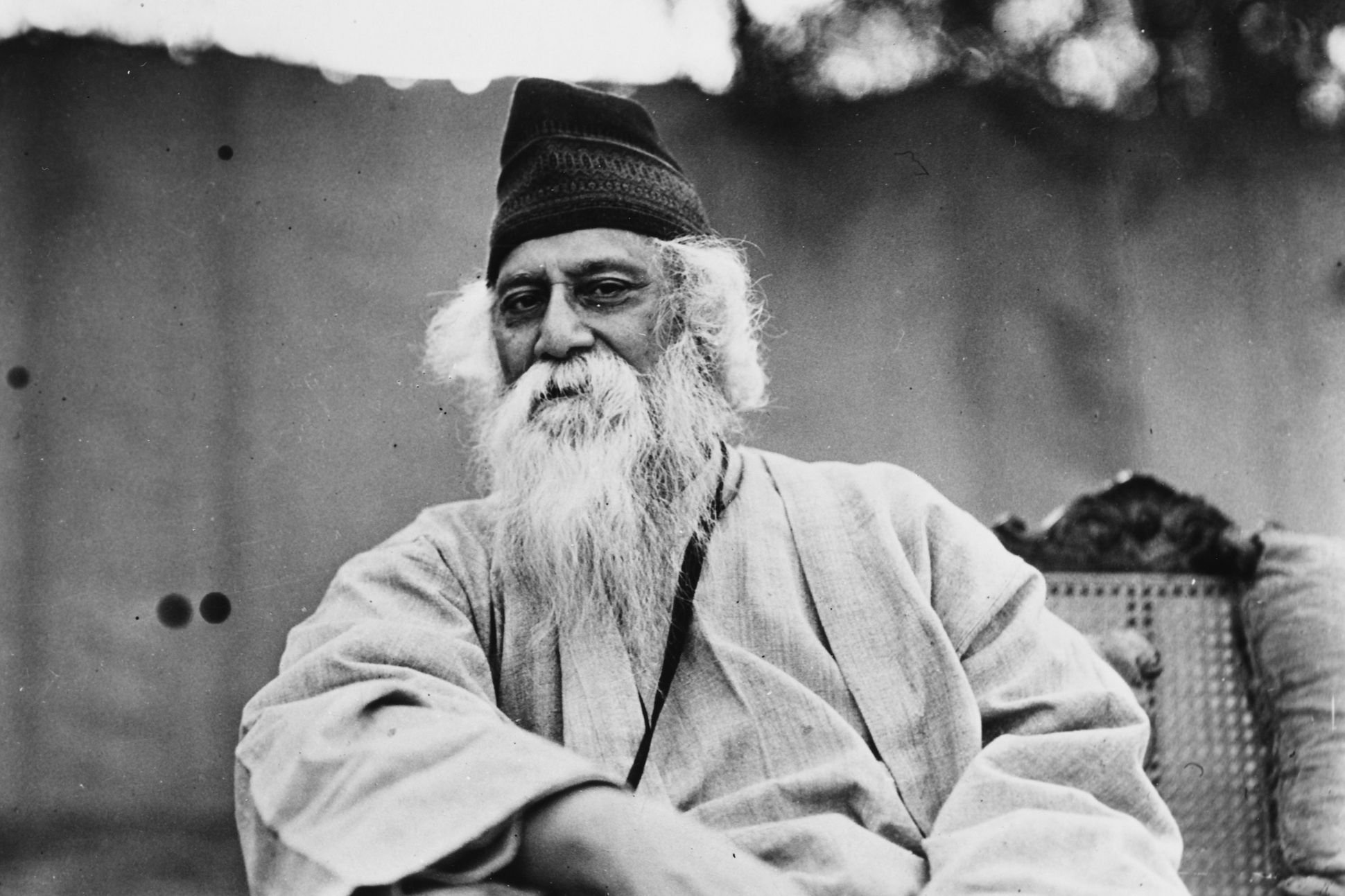Ténèbres: A Bengali Evensong
“If the day be done, draw the veil of Evening over me”. My ears pricked one day in the studio at a potential Evensong text. The radio presenter was translating the first line of the piece just broadcast; words set for voice and piano by Jean Cras in 1921. I downed tools to investigate.
It turned out to be a setting of the Gitanjali poems by Rabindranath Tagore 1861–1941), who won the 1913 Nobel prize for the collection published in the poet’s own translation as ‘Song Offerings’. Tagore was the great poet, philosopher and progressive educationalist of Bengal, associated with the Indian National movement and credited alongside Gandhi as one of the architects of modern India. Gitanjali created a sensation among the literary public of England and America, and Tagore became a favourite of Yeats, Pound and André Gide. The latter was commissioned to translate the poems into French in the year of the prize, and Cras was among several composers who turned the “Offrande Lyrique” into songs.
The quilt is patchworked in assorted tenebrous linens with scraps of Indian viscose and handloom cotton, a.k.a. Khadi, the technique made famous by Gandhi as a touchstone of domestic production and independence. The 51 characters and the light spots are densely hand-quilted around the edge with a bit of ‘reverb’.
A note on the French. I had always taken it for granted that ‘voile’ – sail, and ‘voile’ – veil were the same word and gender and thing; an expanse of cloth. I am grateful to Eleanor Taylor for correcting my early draft: although the billowing sail is female-gendered, the veil is a boy. French speakers may also notice the accent missing from the first ‘E’ of Ténèbres. It had never occurred to me. I’ll correct it as an appliqué erratum in post-production, as it were.
Ténèbres patchwork quilt for the Evensong series, 2025. Linen, cotton, silk and viscose; hand-quilted and bound with silk and striped Khadi; 210 x 220cm.







